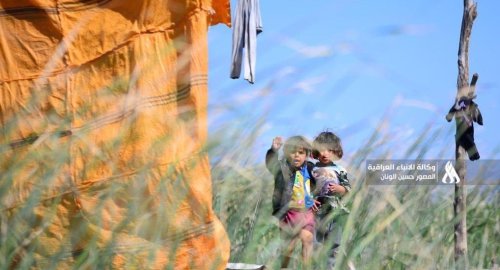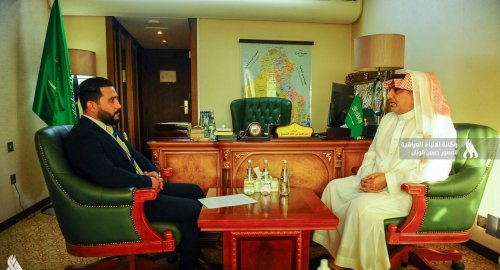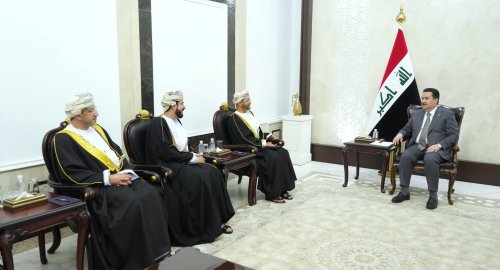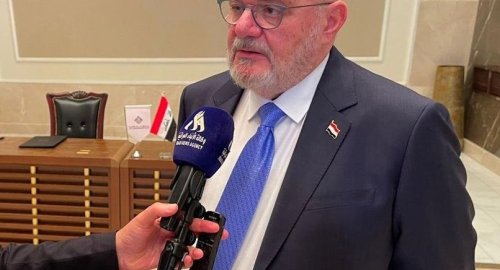
A UN study reveals facts about migration in the cities of southern Iraq

- 22-10-2021, 19:00
Baghdad - INA
A study conducted by the International Organization for Migration with the support of the US State Department - Bureau of Population, Refugees and Migration (PRM), revealed facts about migration in the cities of southern Iraq.
The study, seen by the Iraqi News Agency (INA), stated that "the environmental degradation over the past ten years has caused severe damage to the agricultural sector in Iraq, and the exacerbation of water scarcity and quality has led to the sector's inability to provide adequate and sustainable livelihoods, especially in the regions rural areas, where the agricultural sector has for a long time been the main source of employment for the workforce.
PRM added, "This directly contributed to the migration of rural residents in search of other opportunities, but climate migrants are trying to settle in new environments with limited and complex financial and social resources, which may affect their ability to access services and rights.".
In addition to that PRM continued: “In July and August 2021, the International Organization for Migration (IOM) and the Social Research Organization conducted a survey of (802) local residents and migrants in the southern city of Basra to identify the main issues that hinder migrants’ ability to integrate into urban environments that are already fragile due to the climate cities in southern Iraq already suffer from economic security and governance, and may not be well prepared to absorb migrant flows.
The study related to migration to fragile environments found that “responding to the manifestations of informal urbanization caused by climate change and inequality in Basra, Iraq, the migrants who arrive in Basra tend to congregate in neighborhoods that suffer from multiple social problems related to economic security, safety and access to rights and moving many of them to shelters subject to eviction and work in low-paid jobs in the informal sectors.
According to the study, more than half of immigrant families reported that they "cannot afford food or basic items and 53% of them do not have access to the financial safety net."
Migrants also tend, according to the study, to "report their exclusion from access to public services and other rights, which may include work, police employment, formal dispute resolution, and property rights safeguards.".
The study concluded, "This contrasts with the situation of local families, most of whom depend on government jobs and improve their affordability and access to financial safety nets. However, the fragility of the private sector coupled with the diminishing ability of the state to expand employment opportunities in public jobs limits the economic prospects for all residents." It increases their risk of falling into poverty.
Based on data from the International Organization for Migration’s Displacement Tracking Matrix, most migrants are originally from neighboring governorates and districts, and the main indicators are that the movements are not seasonal but rather permanent.”.
furthermore PRM stressed, “The consequences of the climatic challenges facing Iraq, especially those related to scarcity Water has far-reaching and urgent implications and requires coordinated action to mitigate needs, avoid further displacement and prevent the exacerbation of existing social problems.
” Director of Return and Recovery, Clementine Favier, said that “the report indicates the need for a two-pronged approach to enhance the capacity of areas experiencing an influx of people to Adaptation and at the same time provide support to rural districts from which families migrate due to severe environmental degradation and the lack of diverse economic opportunities.
First joint picture of Greenland Ice Sheet melting, ESA
- Multimedia
- 09:28
US Central Command: We killed ISIS terrorist leader Abu Yusuf in Syria
- International
- 24/12/20
Liverpool compete with Real Madrid to sign Olympique Lyonnais star
- Security
- 24/12/19
ISC, ADX discuss Strengthening Economic Ties
- Economy
- 24/12/16
Iraq assumes presidency of Arab Investment Company’s Executive Board
- Economy
- 24/12/17












